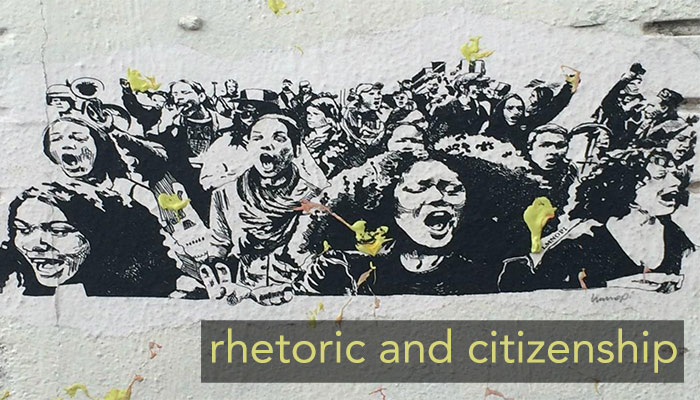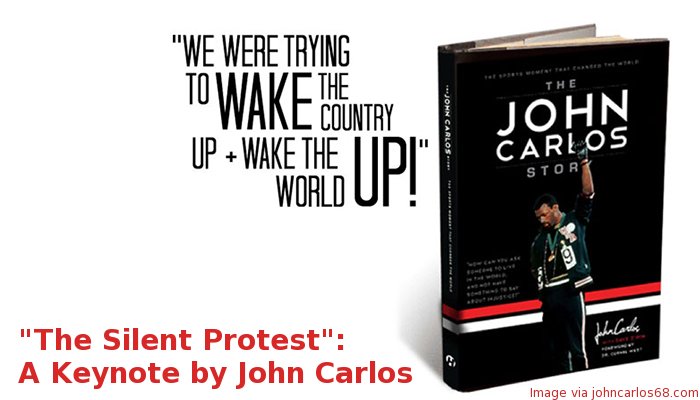I just don’t understand why we have to talk about every mode of belonging as some kind
of citizenship. It just doesn’t make any sense to me. I’m interested in people’s practices of
resistance. I’m interested in people’s practices of belonging. […] I’m interested in people’s practices of world-making. — Karma ChavezI’m increasingly persuaded by those who argue citizenship is a toxic concept and a toxic term. When I do talk about folks who appeal to citizenship, I’m very aware of how often those appeals to citizenship are built on the constitutive exclusions of others, and that if we really want to mobilize a productive, an emancipatory sense of civic obligation and of civic duty, we’ve got to figure out a way to do it without buying into a privileging conception of citizenship. — Cate Palczewski
In Episode 29, we extend a conversation from the 2015 RSA Summer Institute Seminar on Rhetorics of Citizenship. Karrieann Soto and Kate Siegfried host the discussion with co-seminarians Karma Chavez and Cate Palczewski. The episode asks that we critically question rhetorics of citizenship in our scholarship and in daily life. For a full transcript, click here.
Podcast: Play in new window | Download

